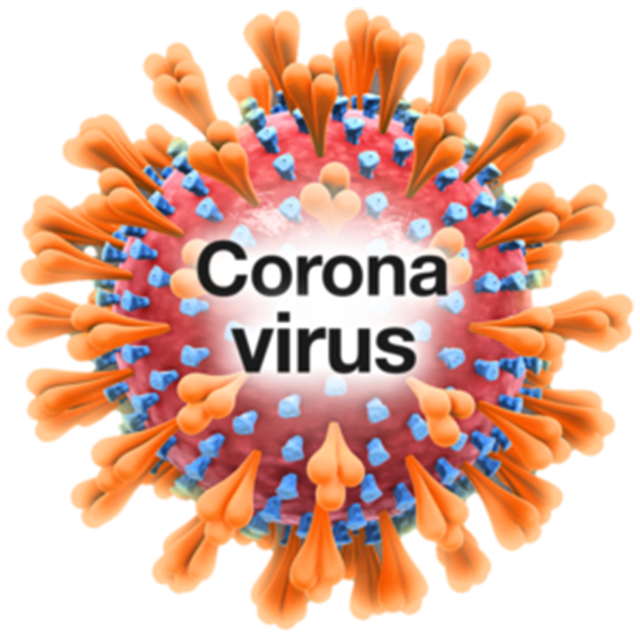
On 1 April 2022 the government lifted the last of the Covid restrictions as part of their Living with Covid Plan.
This is an update from Learning Disability England on the current guidance.
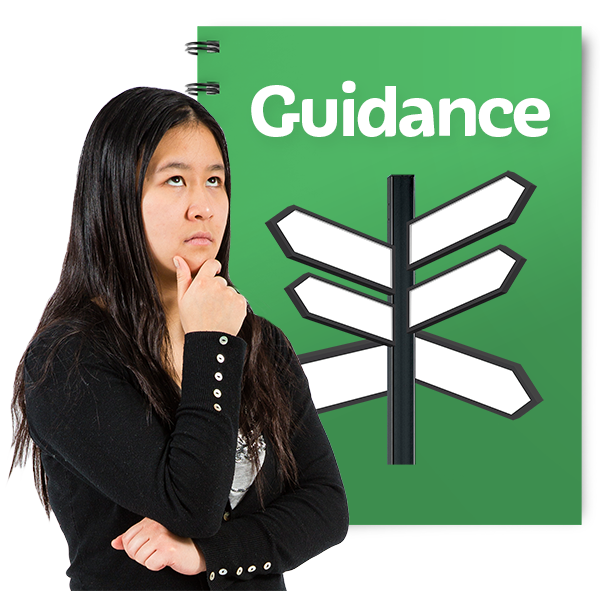
Guidance

If you are an adult with Covid symptoms, you should try to stay at home and avoid contact with other people until you feel better.
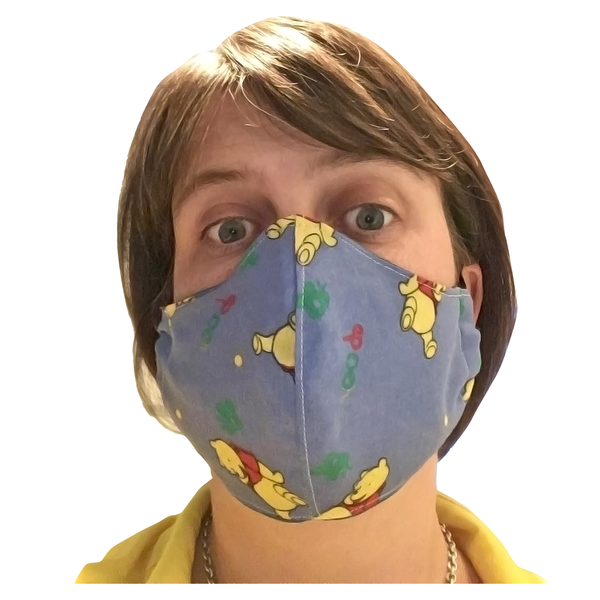
If you do leave home, the government suggests wearing a mask and avoiding crowded spaces.
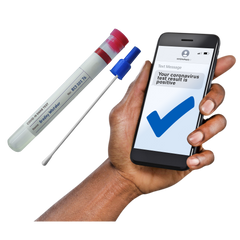
If you test positive, you should stay at home for five days – and longer if you still feel ill.
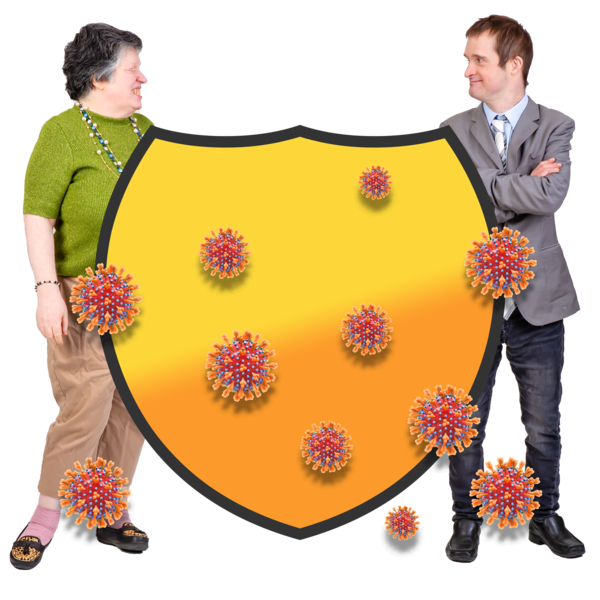
Some people are still at high risk from COVID-19.
Please see links to the full guidance:
Guidance for people who were clinically
extremely vulnerable
Guidance for people whose immune system
means they are at higher risk

For more information on the current guidance, please see the following link:

Work and School

If you have symptoms or have tested positive, you should try to work from home.

The guidance for people aged 18 and under is:
If you have a temperature or are unwell you should stay at home if possible.
You can go back to school when you are well enough and don’t have a temperature.

Testing

Free lateral flow tests (LFTs) are no longer generally available to people.
Most people with symptoms can no longer get free PCR
tests either.

These people can still get free tests:
• NHS staff who care for patients
• hospital patients who need PCRs before treatment
• care home residents
• people working in high-risk settings, including care homes and prisons
• hospital patients who are discharged to care homes or hospices

If you have a health condition that means you can still get free tests, you should be sent tests to use if you have symptoms.

Here is the link to order tests online:
Order NHS home test kits on GOV.UK

Lateral flow tests can be bought from high street pharmacies for £2 per test.

Support services that are registered with Care Quality Commission (CQC) get free tests.
This includes:
• care homes
• homecare organisations
• extra care and supported living
services
• adult day care centres
• personal assistants
• shared lives carers
• social workers

Please see the guidance on testing in social care services for more information:

Treatments

Here is the link for the current information on antiviral treatments:

This link is for an easy read letter from the NHS about treatments:
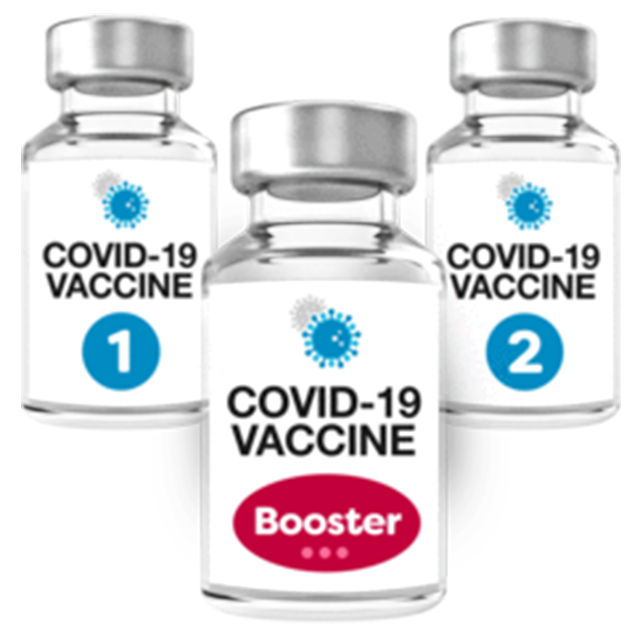
Vaccinations

Here is the link to the latest information about vaccination:

Here are the links to the Easy Read information and leaflets about the vaccine and the booster: